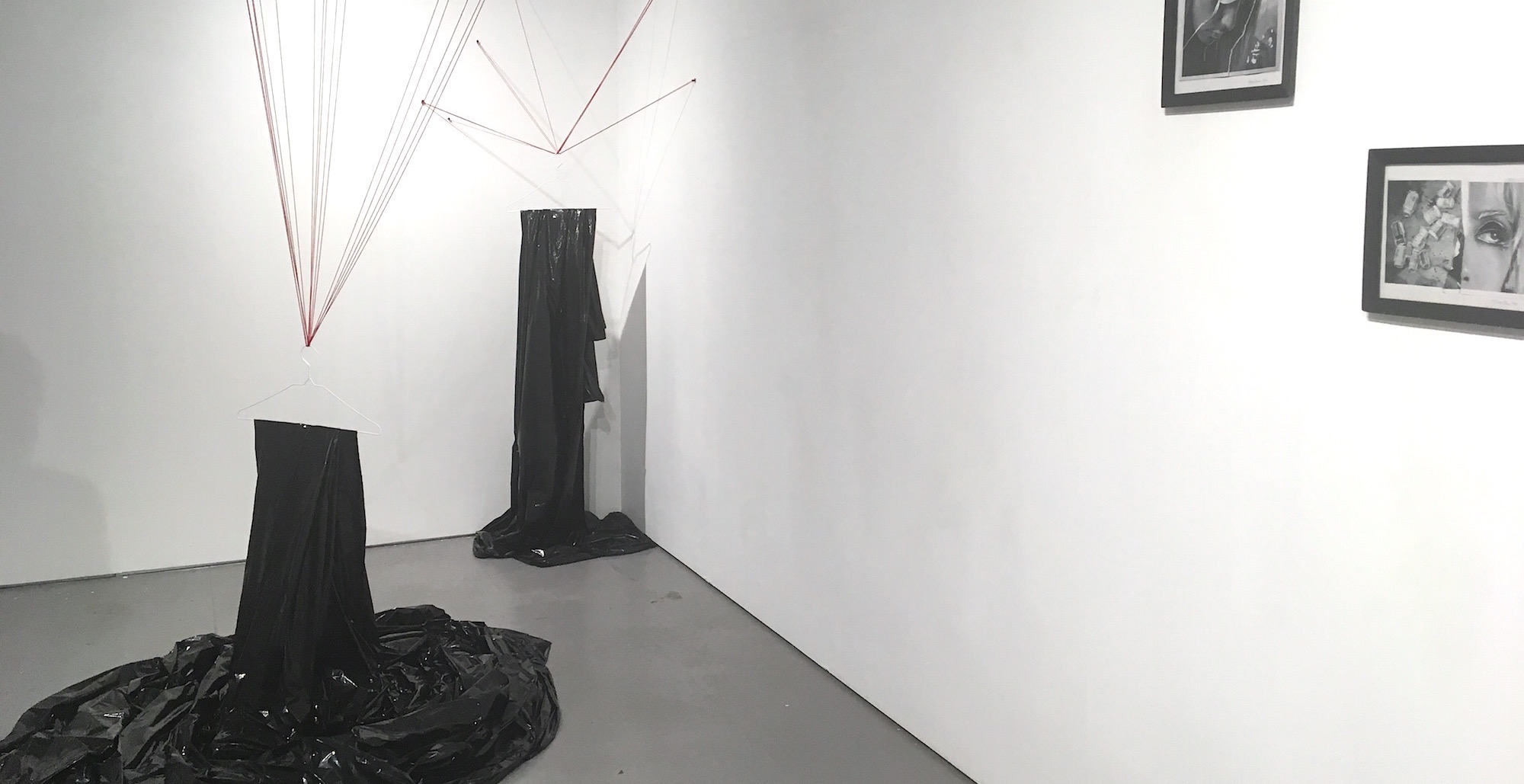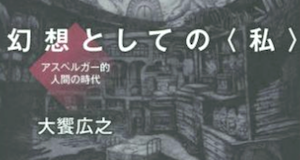Absences explores the concept of absence and its relationship to various experiences of mental illness. In the exhibition, artists portray a sense of distance or isolation from something, somewhere, or someone—an absence that is either physical, mental, or emotional. The exhibition draws inspiration from the perception of mental illness in Eastern culture, notably Japan, and provides a platform for artists who have direct or indirect experience with mental illness. Presented in Japan, the country with the third highest suicide rate in the developed world, this public display on mental illness seeks to dissipate taboos that discourage open conversation on the subject. Art is an important mediator in this project, creating an approachable entry to a subject which is normally not discussed.
This exhibition is presented at N-Mark in Nagoya, an experimental arts organization that regularly supports young artists. Young adults in Japan have the fastest growing suicide rates, largely due to the pressures of school and beginning a career, making it the number one killer of the age group. Absences encourages consideration of the importance of mental health, especially for young adults as they embark on periods of major self-development.
Absences features artists from both the East and West who address the topic of mental illness. This invites a dialogue between multiple cultures, presenting perspectives on mental health that viewers can alternatively relate to and learn from. Exploring cross-cultural commonalities in the experience and depiction of mental illness further encourages addressing the subject in the public realm. The feeling of absence is a regrettably relatable feeling across cultures; however, it provides a common basis to communicate reflections of mental illness openly.
Thank you to Isamu Muto and N-mark for the use of the gallery and support of the exhibition. A special thank you to Akiko Ukai, who was an integral assistant to the exhibition, and to Artists' Guild for the use of their equipment.
This exhibition is presented at N-Mark in Nagoya, an experimental arts organization that regularly supports young artists. Young adults in Japan have the fastest growing suicide rates, largely due to the pressures of school and beginning a career, making it the number one killer of the age group. Absences encourages consideration of the importance of mental health, especially for young adults as they embark on periods of major self-development.
Absences features artists from both the East and West who address the topic of mental illness. This invites a dialogue between multiple cultures, presenting perspectives on mental health that viewers can alternatively relate to and learn from. Exploring cross-cultural commonalities in the experience and depiction of mental illness further encourages addressing the subject in the public realm. The feeling of absence is a regrettably relatable feeling across cultures; however, it provides a common basis to communicate reflections of mental illness openly.
Thank you to Isamu Muto and N-mark for the use of the gallery and support of the exhibition. A special thank you to Akiko Ukai, who was an integral assistant to the exhibition, and to Artists' Guild for the use of their equipment.
Thank you to Isamu Muto and N-mark for the use of the gallery and support of the exhibition. A special thank you to Akiko Ukai, who was an integral assistant to the exhibition, and to Artists’ Guild for the use of their equipment.
Jasa McKenzie is a curator and artist based in New York and Minneapolis. She holds a master’s degree in Curatorial Practice from the School of Visual Arts. She previously obtained her bachelor's degree in Studio Art from Augsburg College. In her practice, she is driven by issues of identity, equality, and social justice. Her recent exhibitions include My-O-My, The Map is Not the Territory, and Femmexplicit Digitalia in New York and Brooklyn. Her work and writing have been featured in Artspeak, Daily Serving, Visual Opinion, and SVA publications as well as her public blog, The New Heroin(e).





